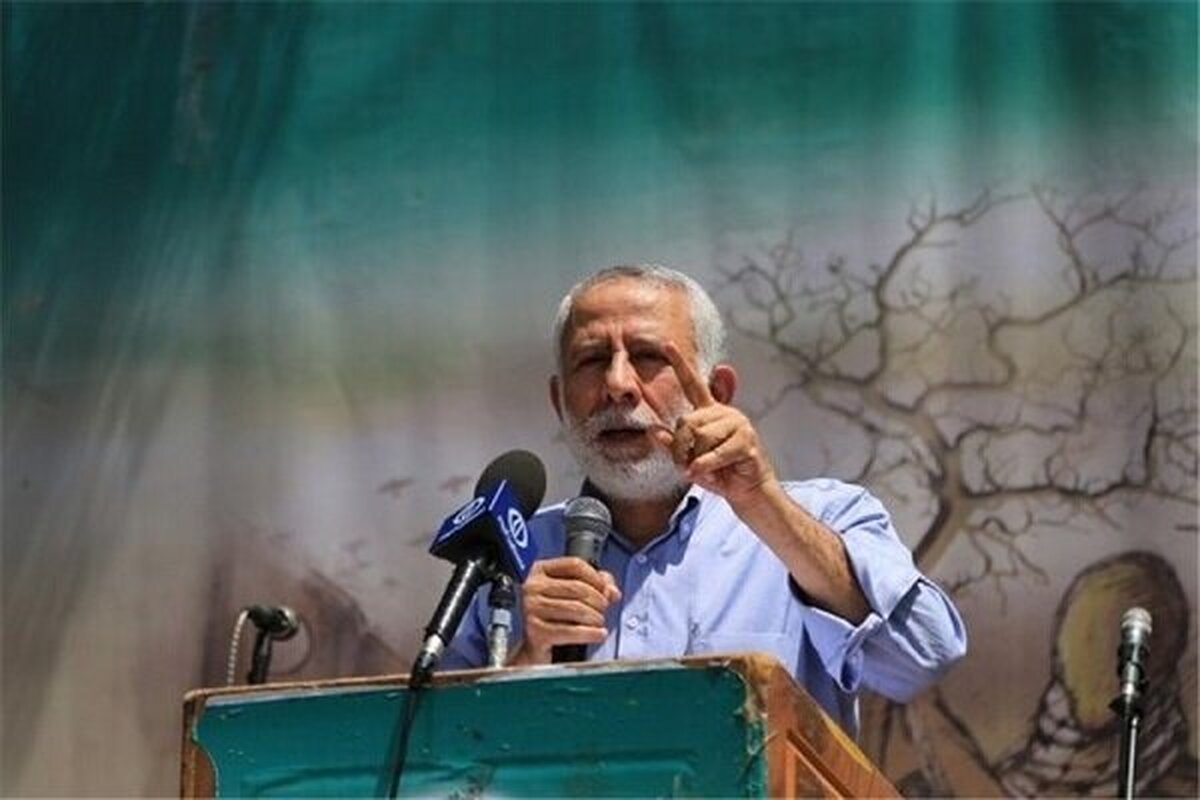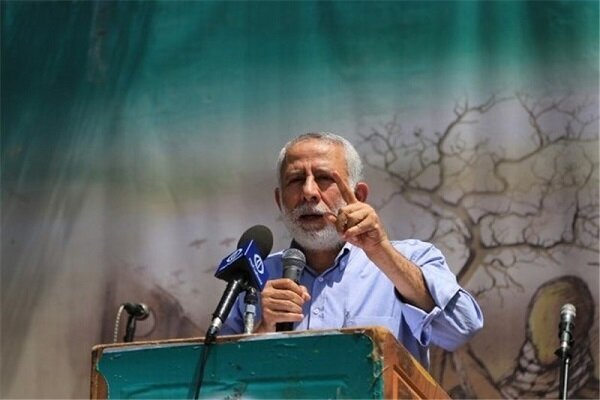Islamic Jihad Official Slams Muslim Countries’ Weak Stance on Zionist Crimes


In an article on Al Jazeera, Muhammad al-Hindi said countries should not remain captive to meaningless condemnations.
He referred to the weak position of the Arab and Islamic Summit regarding regional developments and wrote that understanding the reasons for the Islamic Ummah’s weak response to the Israeli crimes after the Al-Aqsa Flood Operation, which fluctuated between absolute passivity and complicity with the Zionists, could be a necessary prelude to overcoming the crisis of the Ummah.
He stressed that Muslim countries’ positions should not be limited to verbal condemnations.
Al-Hindi added that “the single Ummah we are talking about includes 57 different countries, some of which are witnessing internal conflicts created by other Islamic countries, and others are witnessing foreign wars.”
The Israeli regime’s bombing of Doha and the developments before and after it served as a new warning to those present at the recent Doha summit, putting them before a difficult test and proving that they must either take steps towards true independence or engage in greater dependence and submission to the policies of the Zionist regime and the United States.
He emphasized that convergence with the Zionist regime, which is the cause of all these crimes, or continuing to normalize with it under these circumstances, is a stab in the back to Palestine and Qatar and will undermine the Islamic Ummah.
Read More:
One proof of this is that the Zionist enemy quickly, even before the official delegations of the countries left Doha, launched a major ground war against Gaza, which shows their disregard and disrespect for Islamic countries.
Al-Hindi concluded by stating that the natural response to this Zionist arrogance is for all Arab leaders to reconsider their positions on partnership and normalization of relations with the Zionist enemy, rather than remaining captive to empty slogans.
6595328



